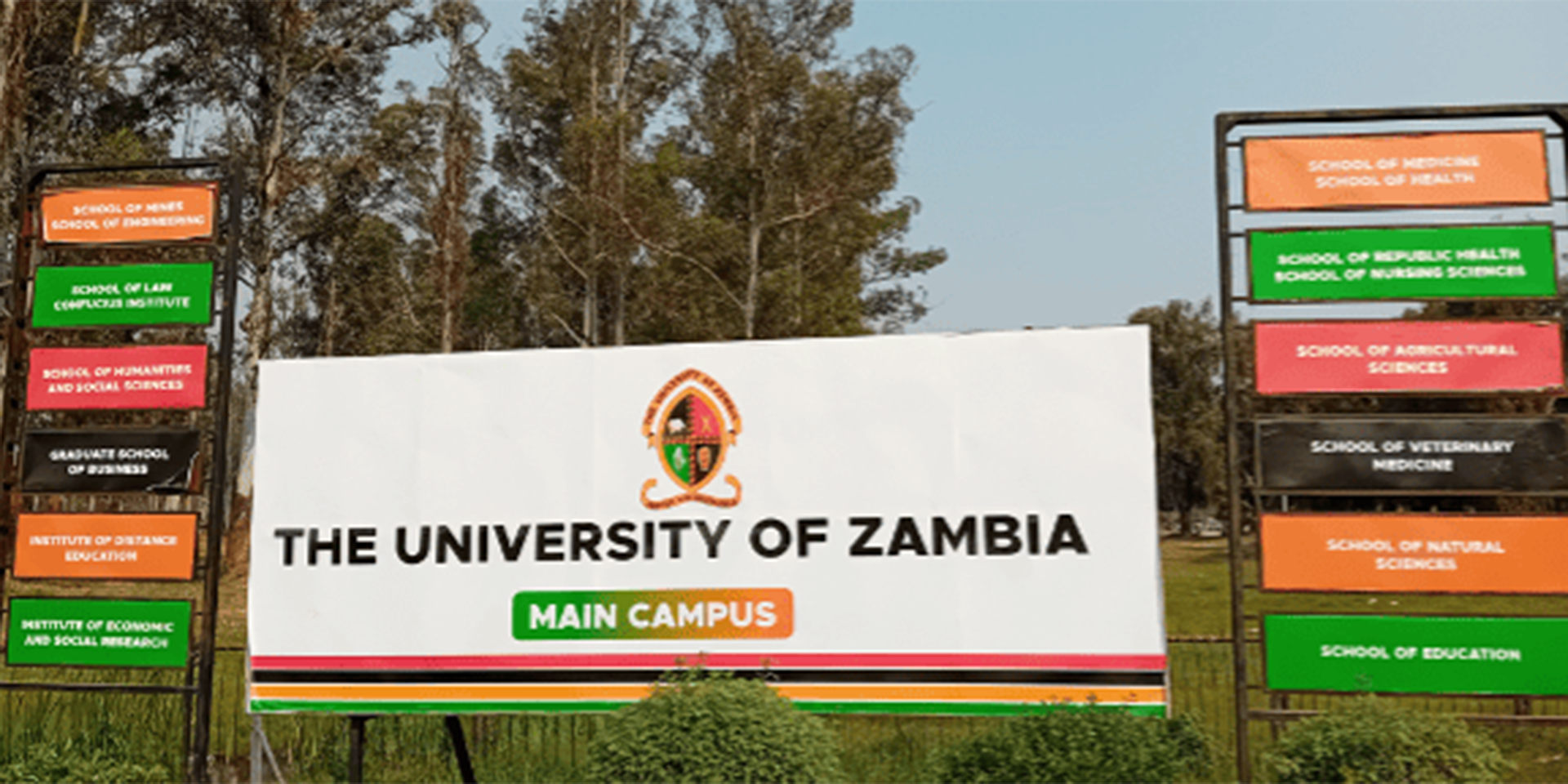
In Zambia, the collaboration between GHSC-PSM and the University of Zambia (UNZA) is empowering a new generation of health supply chain specialists. Chipasha Mbuzi wanted to be a scientist starting at a young age, beginning with what she says was a “Simple admiration for the white coat and the microscope.” After getting her degree in biomedical sciences, she found a position as the Lab in Charge, exposing her to the world of health supply chain for the first time.
Zambia’s health supply chain has suffered from inefficient distribution and management of medical supplies. A lack of professionalization led to inadequate forecasting, poor inventory management, and ineffective supply planning. According to Luke Alutuli, Acting Director General of the Zambia Medicines and Medical Supplies Agency (ZAMMSA), gaps in training for supply chain personnel resulted in difficulties predicting future demand, “leading to inefficiencies, stockouts, and overstocking,” he stated, which can negatively impact patient care.
It was some of these difficulties that sparked Chipasha’s interest in the health supply chain. “Initially, I found it perplexing how we could experience shortages of essential items despite our meticulous planning, she recalled. Procurement took place from outside the Zambia office, and Chipasha began researching health supply chain management to get a better understanding of the issues being faced by her country.

Chipasha Mbuzi, Forecasting and Supply Planning Specialist- Labs
At the UNZA, work was being done to address some of these issues on an institutional level. The USAID Global Health Supply Chain Procurement and Supply Management (GHSC-PSM) project had already collaborated with the university on an undergraduate course to provide students with health supply chain training. Assistant Dean for Postgraduate Studies, Dr. Aubrey Kalungia, believed postgraduate students could benefit from specialized health supply chain training. He explained, “Locally in Zambia, we have generic supply chain programs which are general but not very specific for health.”
The success of the undergraduate module led him and other university members to believe there would be a high demand for a postgraduate course. “Based on our experience in academia, we have processes and we know what needs to be done. We had to do a survey of health supply chain competency gaps nationally to see if there is [a] need for that level of training,” Dr. Kalungia explained. “What we found in our survey was speaking to what we perceived in our discussions,” he continued. After identifying these gaps, supply chain specialists from GHSC-PSM and lecturers at UNZA developed a curriculum and, since the course would follow a hybrid model, validated it with UNZA’s Department of Distance Education.
GHSC-PSM and UNZA designed the course to mix remote learning with practical opportunities for students to gain firsthand exposure to relevant supply chain environments. “Postgraduates often don’t have the time to sit in class for hours,” Dr. Kalungia shared. “The curriculum had to reflect that reality.” Students would be able to do coursework on their own time while still visiting places like warehouses owned and operated by ZAMMSA.
By 2023, the course had officially begun with the first cohort of postgraduate students enrolled. “What our country is moving towards is systems strengthening,” Dr. Kalungia remarked, “ensuring that the advancements we make are sustainable and deeply rooted in our own institutions.”
Chipasha was among the first cohort of students to sign up. She remembered, “Immediately I heard that there was an opportunity for a health supply chain management course, I was excited immediately because I completed my bachelor’s degree in biomedical sciences. I knew that I needed to take the supply chain path because of the work I do,” Chipasha recalled.
Chipasha benefits greatly from the flexibility of the online courses, which allows her to balance her professional responsibilities with her academic pursuits. Chipasha now works as a supply planning specialist with GHSC-PSM. Her time on the course has given her perspective on the importance of health supply chain training for Zambia at large. “I think it's important that we have accurate demand forecasting so that we reduce wastages and eventually save on costs for organizations and the nation. So this demanded a professional approach to it, not basic knowledge. That’s one thing that really drove me because in the next five years, I would like to be a health supply chain consultant here in Zambia.”
While it’s hard to quantify the impact of this course on Zambia’s health supply chain at this nascent stage, there is hope around the nation for the future results of this training. Mr. Alutuli said over the next decade he believes partnering with GHSC-PSM will “Greatly enhance the knowledge and skills of health workers, leading to a more efficient and resilient supply chain.”

Assistant Dean for Postgraduate Studies, Dr. Aubrey Kalungia
Dr. Kalungia views the course as the foundation for transforming students into health supply chain leaders. “We have these graduates who feed into the health system,” he stated, “but they don’t have very strong leadership in the supply chain. So postgraduate level education became an attractive option to explore so we can build that capacity at the national level and also other sectors.” He envisions graduates from the course stepping into roles around the country, effecting positive change in health supply chain management, and helping Zambia become a global standard-setter in this field.
Chipasha also believes that health supply chain training courses are important for the country’s ability to work with donor partners. “Such courses inspire donor confidence as qualified professionals better manage commodities, ensuring consistent supply and ultimately fostering a healthier supply chain system,” she stated. Investing in the training of health workers today is one way that Zambia is looking to strengthen its supply chain for tomorrow.
The collaboration between GHSC-PSM and the University of Zambia is another step in strengthening the nation's health supply chain. As pioneer students like Chipasha embrace specialized training, the hope is that the impact on Zambia's healthcare infrastructure becomes increasingly tangible. As Mr. Alutuli puts it, “Institutionalizing health supply chain training at Zambia’s universities will professionalize the field and build a sustainable workforce. It will ensure a steady stream of qualified professionals, promote research and innovation, and improve the availability and accessibility of essential health products.”